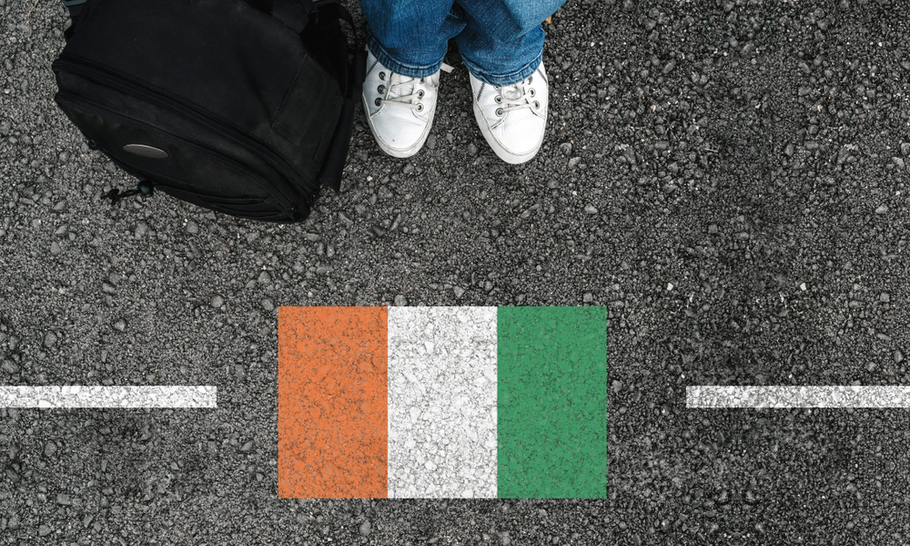British Brexodus: Irish immigration loophole grants Britons a glimmer of hope

(Shutterstock)
Brexit has finally arrived and the UK is officially wrenching its gates and borders shut. As of 1 January 2021, new European entrants will be met with a barrage of immigration requirements and criteria. It will be an expensive process.
However, it is not only visitors to the UK who will feel the force of the post-Brexit immigration rules. Britons will face reciprocal immigration conditions which could mean barriers to all twenty-seven remaining EU countries, barriers which have been out of action since 1992.
If that’s not enough, falling in love with anyone who doesn’t hold British citizenship is about to become a costly affair: the Spouse Visa application itself costs £1,523, is non-refundable and doesn’t include the newly increased £1,562 Immigration Health Surcharge, both of which must be renewed after 30 months. To add to the heartache, the British partner must earn £18,600 to “sponsor” their loved one, a requirement which is responsible for segregating 15,000 children from their parents. This means that around 41 per cent of Britons can’t afford to fall in love overseas.
UK businesses also face a similar fate and warn that the current immigration plan is flatly unworkable for most British industries. They have a point: how will UK businesses be able to compete when UK Work Visa fees and the hefty list of requirements serve as a turn-off for EU workers? These people will now be incentivised to work elsewhere.
However, as some Brits prepare to wave goodbye to their EU rights, others have found ways to preserve them.
Between 2016-18, after the EU referendum of 2016, up to 17,000 UK-born applicants were awarded dual citizenship with Germany, while a further 1,733 secured a French passport, according to the Economist.
Yet, unlike Germany and indeed the UK, the Republic of Ireland offers extremely relaxed criteria for those seeking citizenship. For a start, Irish citizenship by descent costs a fraction of the price (€278 to register) and dictates applicants submit either one of their parent’s birth certificates or their grandparent(s). Ireland can even supply this for those who don’t have access to the document. To compare, British citizenship costs over a grand, applicants must have lived “continuously” in the UK to be eligible and only allows Britons with UK-born parents to have a shot at claiming it. Even British children from 10 years old in the UK have to pass rigorous criteria to be deemed eligible for citizenship.
It’s clear why Ireland is becoming such an attractive destination. Not only can Irish youth retain access to Erasmus and similar funding schemes that allow them to work and study across the continent, but Irish passport holders can also enjoy frictionless travel to over 185 countries. Businesses that move into Ireland can also reap the rewards of a 12.5 per cent corporation tax rate, which is particularly attractive compared to the UK’s at 19 per cent. The most recent 2020 passport ranking evaluation places Ireland as the seventh most powerful passport in the world, trumping both the UK and the US.
If Australia’s gracious smackdown on the UK’s request for free movement has taught us anything, it’s that Britain might be in for some sobering discussions with countries normally regarded as “friends”. The UK can’t expect prospective trading partners to bend the rules for Brits, so it’s best to secure dual citizenship while the rules are so relaxed. But for those of us who can’t, we find ourselves stuck, armed with only a blue passport and a new 50p coin, bleak reminders of what we have lost.




